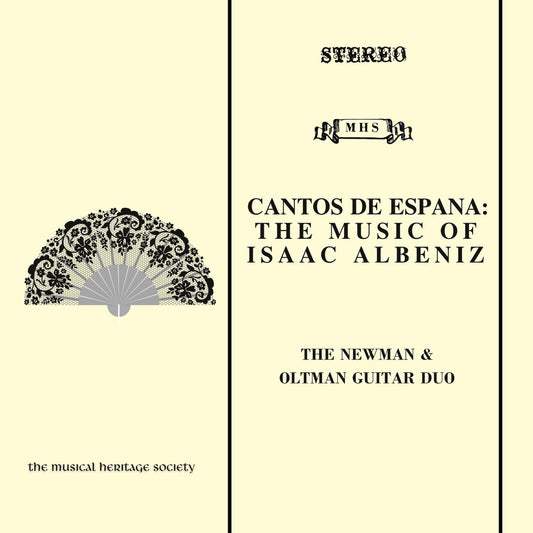Collection: ISAAC ALBENIZ (1860–1909)
Isaac Albéniz (1860–1909) was a Spanish composer, virtuoso pianist, and a leading figure in the post-Romantic era, celebrated for his contributions to Spanish nationalist music. Born Isaac Manuel Francisco Albéniz y Pascual on May 29, 1860, in Camprodon, Catalonia, Spain, Albéniz displayed prodigious musical talent from an early age. By the age of four, he gave his first public piano performance, astonishing audiences with his skill.
Albéniz's early life was marked by adventure and a restless spirit. As a child, he reportedly ran away from home multiple times, performing concerts across Spain and even traveling to the Americas. While some of these tales are embellished, they reflect his early exposure to diverse musical traditions. By the age of 15, Albéniz had already performed internationally, showcasing his remarkable abilities as a pianist.
In 1876, Albéniz enrolled at the Royal Conservatory of Brussels, where he studied piano and composition on a royal scholarship. His time at the conservatory honed his technical skills and deepened his understanding of classical music. After graduating, he embarked on a career as a concert pianist, captivating audiences with his virtuosity and charisma.
A pivotal moment in Albéniz's career came in 1883 when he met Felipe Pedrell, a composer and musicologist who encouraged him to explore Spanish folk music and incorporate its elements into his compositions. This mentorship inspired Albéniz to develop a distinctive style that blended traditional Spanish melodies and rhythms with the sophistication of European classical music.
Albéniz's most celebrated work is Iberia (1905–1908), a suite of 12 piano pieces that vividly evoke the landscapes, culture, and spirit of Spain. Iberia is considered a masterpiece of the piano repertoire, renowned for its technical complexity and rich harmonic language. The suite captures the essence of Spanish music, drawing on flamenco rhythms, Andalusian melodies, and the vibrant energy of Spanish dance.
In addition to Iberia, Albéniz composed numerous other works that reflect his nationalist ethos, including Suite Española and Cantos de España. These compositions, characterized by their lyrical beauty and rhythmic vitality, have become staples of the classical guitar repertoire, thanks to transcriptions by later musicians.
Albéniz's career also included ventures into opera and orchestral music. While his operas, such as Pepita Jiménez and Merlin, achieved limited success during his lifetime, they demonstrated his ambition and versatility as a composer. His orchestral works, though less well-known, further showcased his ability to blend Spanish themes with classical forms.
In his later years, Albéniz settled in France, where he became associated with the French musical avant-garde. He formed friendships with composers such as Claude Debussy and Paul Dukas, whose influence can be seen in the impressionistic qualities of his later works. Despite his success, Albéniz faced health challenges, including Bright's disease, which ultimately led to his death on May 18, 1909, in Cambo-les-Bains, France.
Isaac Albéniz's legacy endures as a pioneer of Spanish nationalist music and a composer who bridged the gap between tradition and innovation. His works continue to inspire musicians and audiences worldwide, celebrating the rich cultural heritage of Spain.




